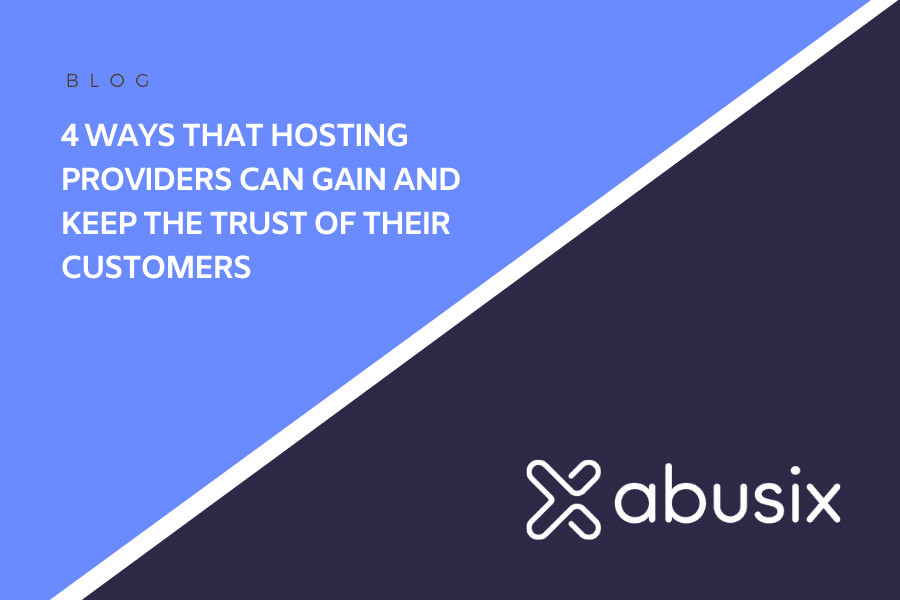Any ISP that believes 2020 will simply be another round of the same challenges that it has faced year after year is only partially right. The threats and attacks will continue, but they will escalate. Laws and regulations will continue to change, but they will have the potential to have a greater impact. To make matters worse, the shortage of qualified cybersecurity professionals will continue. With so many challenges, what changes lie ahead in 2020 for ISPs? Here are some cybersecurity trends that ISPs may see.
- ISPs will become more goal-oriented in their approaches to cybersecurity. They will increasingly focus on actionable, well-defined plans that include quantifiable metrics, timelines, and milestones. Instead of an all-encompassing, relatively vague resolution to simply improve security, ISPs will create multiple goals that can be ranked by priority and completed independently.
- Unless they have already prepared for the problem, ISPs will be scrambling throughout 2020 to deal with 5G. Replacing hardware components with software may not sound revolutionary, but it is a major step forward. However, 5G poses a cybersecurity risk. ISPs can no longer completely rely on centralized, hardware-based solutions as effective chokepoints. As a distributed software-based solution, 5G systems will be more vulnerable, and they can allow data theft to take place at speeds that have never been seen before. This will require ISPs to deploy innovative cybersecurity strategies.
- The weakest link in the cybersecurity chain has always been the end-user, and this will not change in 2020. Although the debate over the amount of security ISPs owe their subscribers is still raging, an increasing number of ISPs will become more proactive about teaching subscribers about internet security. They will also begin to offer more products or services that subscribers can sign up for to enhance their security; there will be free solutions as well as paid ones.
- The bad actors will employ AI more than ever, and ISPs will also look for additional ways to leverage AI for defense. AI-generated deepfakes will become more abundant, especially as the 2020 elections draw closer. Furthermore, many of the deepfakes will target individuals in the public eye, including celebrities, politicians, and corporate executives, as part of a ransomware attack.
- More ISPs will turn to third-party threat intelligence as a way to amass reliable data that can be used to predict, analyze, and respond to threats and attacks. By integrating data feeds from several sources, third-party threat intelligence can deliver more intelligence than an ISP could collect on its own. As part of security orchestration, automation, and response plan, third-party threat intelligence can provide valuable insights into the mechanisms and context of emerging threats.
- More countries will restrict internet usage, and the effects may be felt far beyond national borders. When governments isolate internet users within their own countries, that can also take down services and sites in other countries that are simply being routed through the restricted area. Although many ISPs took measures to enhance routing after suffering collateral damage in 2019 from BGP-related outages, as more nations move to restrict internet access within their borders, routing security will need additional focus.
- In 2020, most outages will be related to DNS. Frequently overlooked and highly fragile, DNS attacks have sometimes resulted in widespread outages that had severe consequences for the business. ISPs will become more committed to preventing cache poisoning, DNS amplification, malicious botnets, fast-flux DNS attacks, and DoS and DDoS attacks.
- Hackers will increase their exploitation of drone technology. As more and more businesses and cities offer free wireless access, drones will provide the modern version of drive-by hacking to steal data from mobile devices that are connected to these unsecured networks. Drones will also be used to steal data during point-of-sale transactions at outdoor sporting events, festivals, fairs, and concerts. ISPs will increase their efforts to secure mobile devices of all types.
At Abusix, we believe that effective internet security benefits every honest user. We offer solutions to help ISPs block malicious activities before their subscribers are threatened. Contact us through the contact form below to arrange a trial or a demo.




